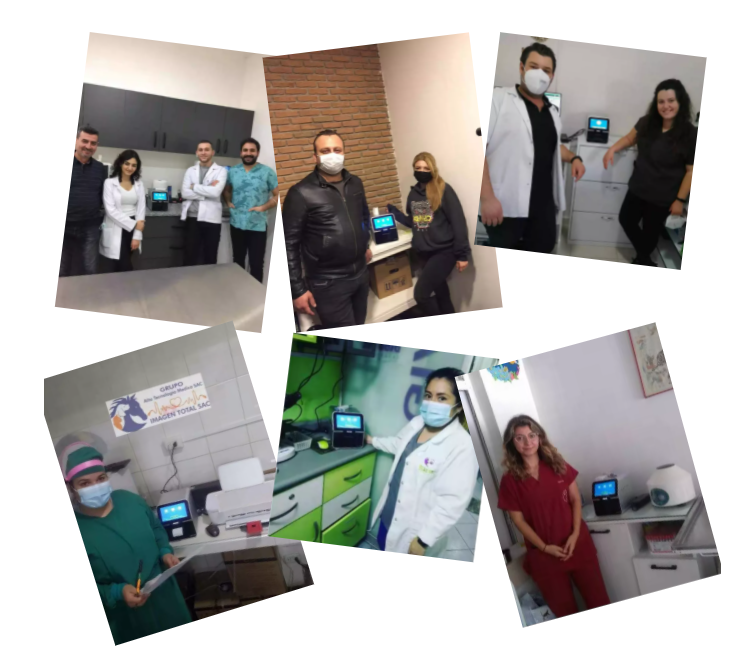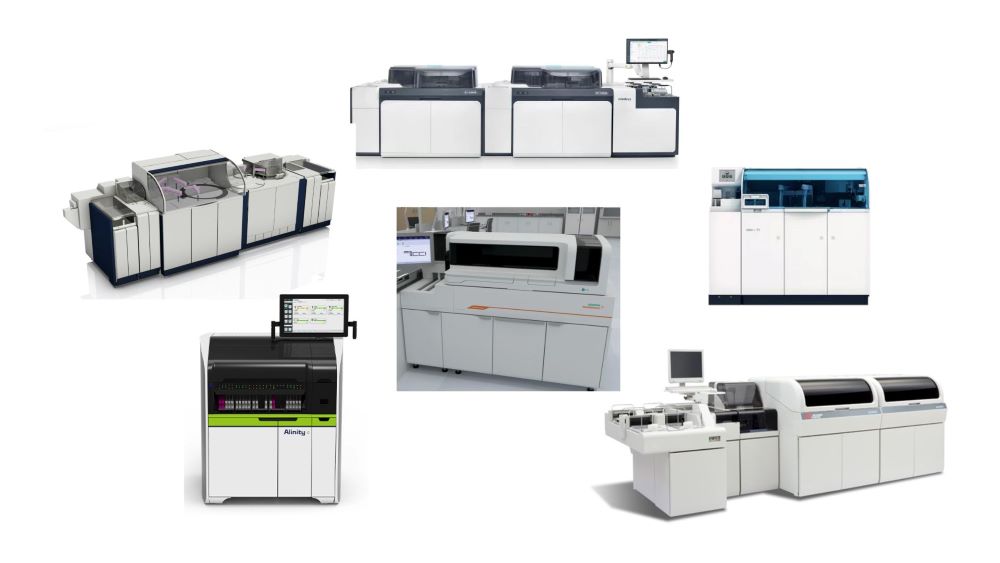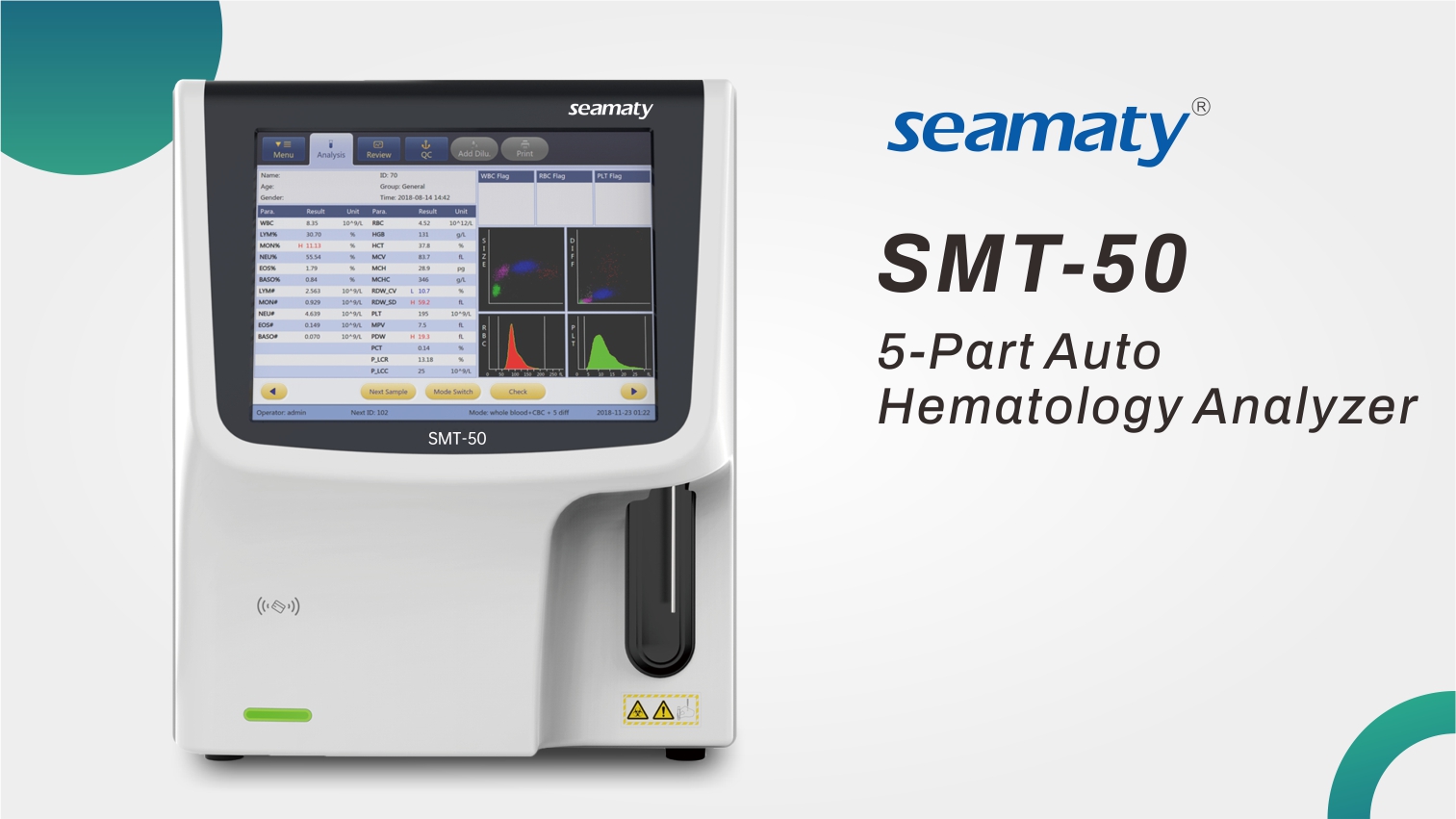1. 70% of foreign pet owners say: pets play an important role during the epidemic
In recent years, the Covid-19 outbreak has hit Italy hardest, and people can only stay at home. Italians are romantic and emotional by nature, and love and companionship are a necessity in their lives.
Due to the epidemic, many of them are living alone away from their families and loved ones, so their pets have become their only companion and solace in their confined homes. A recent survey shows that Italy also saw a record number of pet adoptions during the epidemic.
A survey conducted by a pet company from Dec. 22, 2020 to Jan. 4, 2021, showed that 71 percent of 1,023 pet owners said they "couldn't have survived the new epidemic" without their pets around.
2. Opportunities and risks for the pet treatment industry during the epidemic
The pet industry is booming, driving the rapid development of the pet treatment industry, but with the entry of capital, pet chain institutions opened their own investment in mergers and acquisitions, a large number of funds into the pet medical industry, industry changes in the competition is increasing, the crisis coexists.
And, because of the epidemic, people make less money and now have to think more about the cost, who can take the lead in helping people reduce their expenses on pet health, will be able to break out in this red sea war.
3. Italian veterinary clinical center Briantea break through the dilemma!
At the time of industry reshuffle, Briantea, an Italian veterinary clinical center, took the lead in building its own moat and successfully broke through to turn crisis into opportunity.
Why has Briantea been able to achieve sustained growth and profitability in a difficult external environment?
Briantea Veterinary Clinical Center is located in beautiful Carugo, between Como and Milan, Italy, and has been providing the highest level of care for pets for over 20 years. It has professional and cutting-edge testing facilities, operating rooms, radiology and diagnostic laboratories.
However, with the arrival of the epidemic, Italy has instituted measures to see patients during special times. Pets can only be placed in a cage and given to a nurse at the hospital entrance, who will bring the pet into the hospital without being able to accompany the pet, and the nurse will estimate the cost of the test and only begin the test with the owner's informed consent.
At this point, the owner can only go home and wait for a call from the doctor to inform the next treatment plan based on the results of the initial test. After confirmatory treatment is performed, the pet will be called to inform the pet of the pickup only after its condition has stabilized.
The whole process of seeing a doctor is very lengthy and costly.
So Briantea's chief medical officer and founder: Dr. Federico Ape set out to find a solution that would streamline the workflow, save time and, more importantly, reduce costs.
"I'm glad we found the
SMT-120VP fully automated veterinary biochemistry analyzer. We think it is the ideal testing tool to assist veterinarians with clinical testing, whether in a small animal practice or a larger veterinary hospital, and it is extremely easy to use, does not require specialized personnel, and can be operated by everyone on the lab team."
"In addition, it requires only 100ul of micro blood collection to obtain an immediate analysis with a full report and supporting graphics, and most importantly the SMT-120VP test results are instant, which helps us to quickly know all the diagnostic status of the patient and to develop the most appropriate therapy by continuously monitoring the patient's clinical status. "
"This not only increases the efficiency of our clinic, but also allows our customers to visually realize the value the device brings to them and to easily and willingly invest in maintaining their pet's health, multiplying their orders."
The high cost of doing business and the white-hot competition among peers have intensified the anxiety of pet hospital managers around the world about surviving and upgrading, and running a good pet hospital is becoming increasingly difficult.
For pet hospitals, streamlining workflows, saving time and helping people reduce their overhead on pet health is what will effectively lock in their clientele and achieve beyond!




